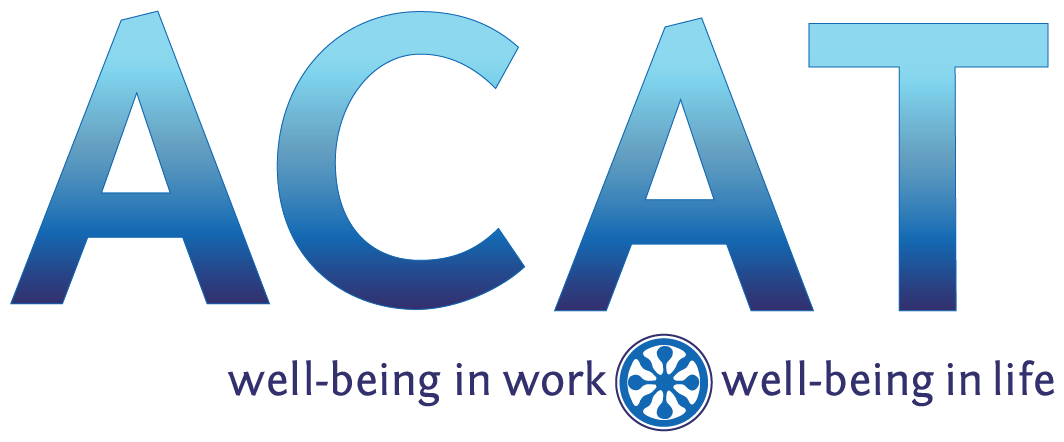by Brooke Lieb
Alexander talked about the unreliability of our sensory feedback, particularly with regard to bodily sensation, and specifically with respect to the position we carry our heads and necks in relation to vertical.
One of the common postural habits I see with students is a tendency to tip the head slightly back of balanced. This would mean the face is slightly angled up and the back of the skull is slightly angled down towards the floor. This angle at the top vertebra is often masked by then changing the angle of the neck. Alexander described this as head back and down.
Why would we carry our heads in this challenging position? Because it doesn’t feel “back and down”, it feels just right. When I reposition a student’s head many report the experience that their face is now slanted down and forward to the floor. Often, a glance in the mirror shows a face that is perpendicular to the floor.
I have reframed this idea of not trusting what we feel. We feel what we feel, but we don’t always interpret what we feel as accurately as we might, and in Alexander Technique, we are learning to use that awareness to constructively query about what we are doing, as compared to what we think or want to be doing.
Here are my thoughts on the topic from 1/10/00:
Alexander writes in "The Use of The Self":
"The belief is very generally held that if only we are told what to do in order to correct a wrong way of doing something, we can do it and that if we FEEL we are doing it, all is well. All my experience, however, goes to shew that this belief is a delusion."
The first thing that occurs to me today as I read this is the idea of faulty sensory perception. Alexander referred to this with a grand term: debauched kinesthesia. As I come off a particularly emotionally charged 48 hours, I recall that while I was in the midst of it, I could sense that I registered a great deal more contraction in my overall musculature than I usually do.
I am also left wondering about my state the rest of the time - when I don't register "more" contraction than is usual and thus don't have a sensory contrast to get my attention? What brings me back to myself at those times? Giving an Alexander lesson or taking one is one of the things that brings me back. And the "bringing back" is due as much to thinking and dialogue and environment as it is my kinesthetic awareness.
Alexander asserts that the belief that I'm going right if I FEEL I am is unreliable. I have a mirror and the guidance of a teacher's hands to assist and give me another set of criteria to assess. I have my ability to think and reason. I am learning to use those abilities.
(This post originally appeared on brookelieb.com)
N. BROOKE LIEB, Director of Teacher Certification since 2008, received her certification from ACAT in 1989, joined the faculty in 1992. Brooke has presented to 100s of people at numerous conferences, has taught at C. W. Post College, St. Rose College, Kutztown University, Pace University, The Actors Institute, The National Theatre Conservatory at the Denver Center for the Performing Arts, Dennison University, and Wagner College; and has made presentations for the Hospital for Special Surgery, the Scoliosis Foundation, and the Arthritis Foundation; Mercy College and Touro College, Departments of Physical Therapy; and Northern Westchester Hospital. Brooke maintains a teaching practice in NYC, specializing in working with people dealing with pain, back injuries and scoliosis; and performing artists. www.brookelieb.com

